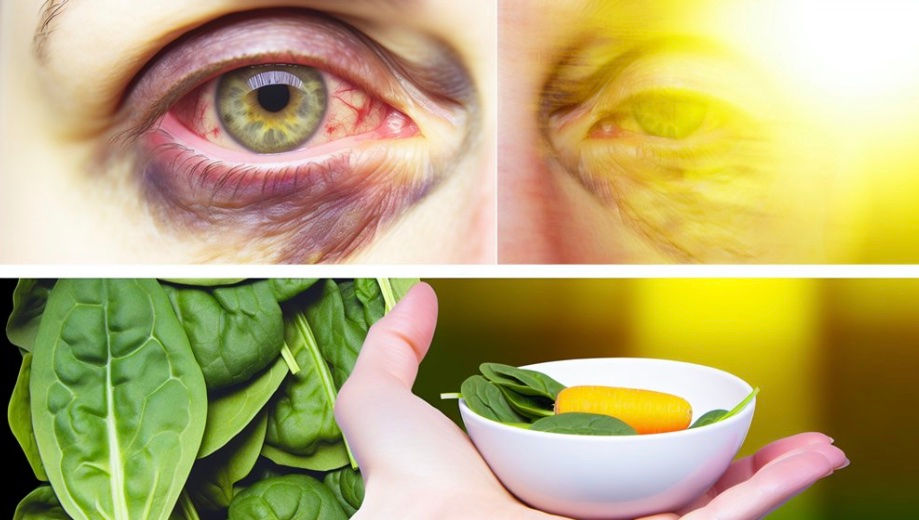3 Key Lutein Deficiency Symptoms You Should Know
- Elevated Magazines

- Oct 4
- 2 min read

Lutein deficiency presents with three distinct visual symptoms that signal potential eye health concerns. The primary indicators include increased visual sensitivity with pronounced eye strain during tasks, notable changes in color perception particularly in the blue-yellow spectrum, and compromised night vision with delayed glare recovery. Recognizing lutein deficiency symptoms early can help prevent long-term vision complications and support proactive eye care. These symptoms often develop gradually and may worsen without proper nutritional intervention. Understanding these key warning signs enables early detection and appropriate supplementation strategies.
Visual Sensitivity and Eye Strain
When lutein levels in the retina become depleted, individuals often experience increased sensitivity to bright light and heightened eye strain during visual tasks. This occurs because lutein serves as a natural blue light filter in the macula, protecting photoreceptor cells from oxidative damage.
Common manifestations include difficulty adjusting between different lighting conditions and blurred vision when viewing digital screens for extended periods. Studies have shown that lutein deficiency can lead to decreased contrast sensitivity, making it challenging to distinguish objects from their backgrounds, particularly in low-light conditions.
These symptoms typically worsen throughout the day and may be especially pronounced during activities requiring sustained visual focus.
Changes in Color Perception
As lutein concentrations decline in the retinal tissue, patients may experience subtle yet progressive changes in their ability to perceive and distinguish colors accurately. This alteration in color perception often accompanies blurred vision and can manifest particularly in distinguishing between similar color shades, especially in the blue-yellow spectrum.
The deterioration of color discrimination may become more pronounced during low-light conditions, with patients reporting difficulty adapting to darkness. This symptom typically results from compromised macular function, as lutein plays an indispensable role in maintaining the density and integrity of photoreceptors responsible for both color vision and light sensitivity.
Poor Night Vision and Glare Recovery
Many individuals with lutein deficiency report significant impairment in their scotopic vision, particularly affecting their ability to see in dim lighting conditions and recover from bright light exposure.
Research demonstrates that reduced macular pigment density, caused by insufficient lutein levels, compromises the retina's capacity to process light efficiently in low-illumination environments. This deficiency also extends to prolonged glare recovery times after exposure to bright lights, such as oncoming headlights while driving at night.
Studies indicate that proper lutein supplementation can lead to visual performance enhancement, improving both night vision capabilities and the speed at which eyes adapt to sudden changes in lighting conditions.
